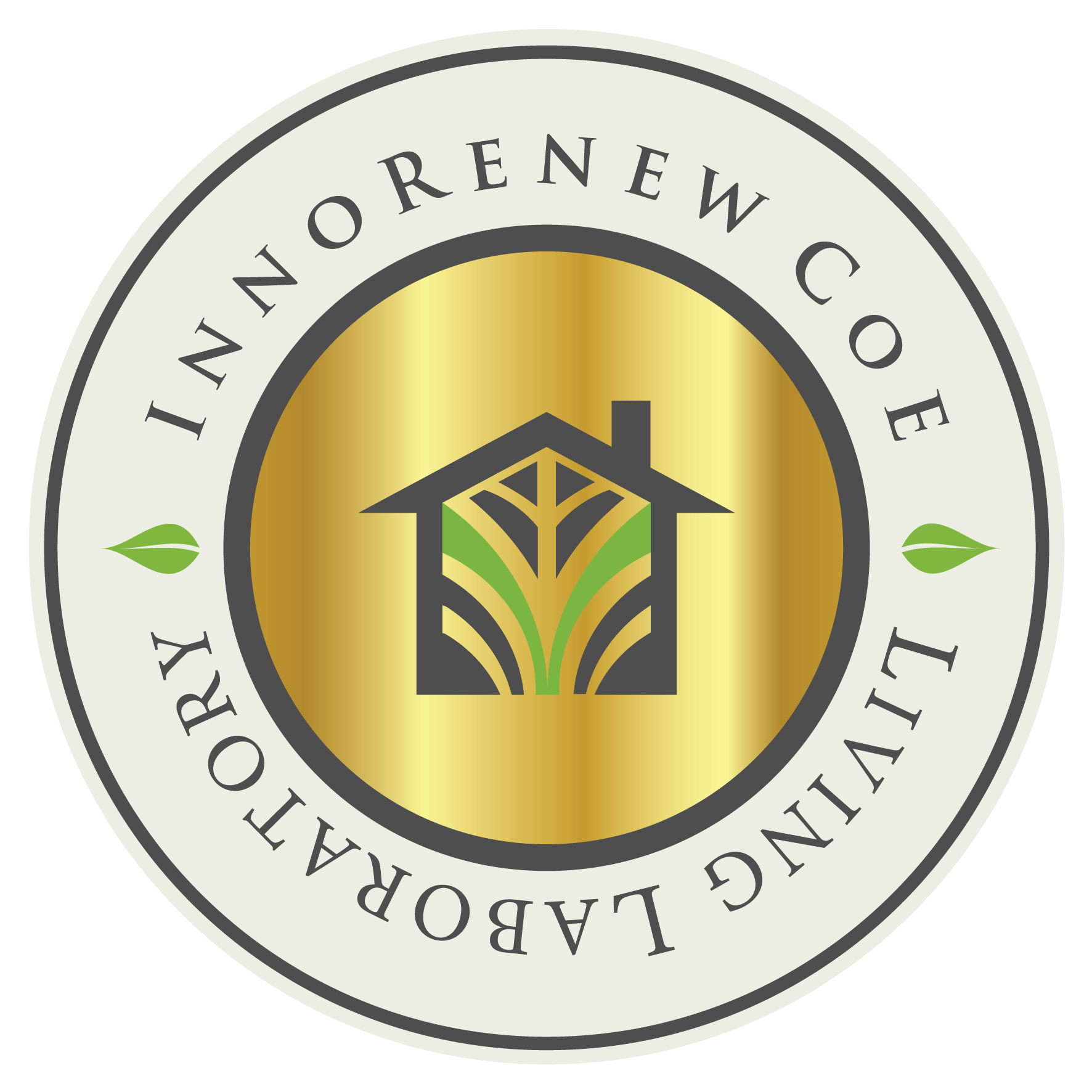Kras4us - Priložnosti za ohranjanje biodiverzitete in identitete Krasa
natisni
Predstavitev projekta
Naslov: Priložnosti za ohranjanje biodiverzitete in identitete Krasa
Akronim: Kras4us
Spletna stran projekta: https://www.ita-slo.eu/sl/kras4us
Koordinator (vodilni partner): UP FAMNIT
Partnerske institucije:
- Društvo za opazovanje in proučevanje ptic Slovenije (DOPPS)
- Park Škocjanske jame, Slovenija
- GAL Carso - LAS Kras
Pridruženi partnerji:
- Javni zavod za turizem in kulturo Miren Kras
- Zavod za gozdove Slovenije
- Regione Autonoma Friuli-Venezia Giulia - servizio biodiversità
Vodja projekta na UP FAMNIT: dr. Sara Zupan
Financer projekta: Program sodelovanja Interreg VI-A Italija–Slovenija za obdobje 2021–2027
Trajanje projekta: 22. 4. 2023–30. 9. 2026
Project presentationna vrh
Title: Opportunities to preserve Karst biodiversity and identity
Project acronym: Kras4us
Project code: -
Project website: https://www.ita-slo.eu/en/kras4us
Leading institution: UP FAMNIT
Partner institutions:
- Društvo za opazovanje in proučevanje ptic Slovenije (DOPPS)
- Park Škocjanske jame, Slovenija
- GAL Carso - LAS Kras
Pridruženi partnerji
- Javni zavod za turizem in kulturo Miren Kras
- Zavod za gozdove Slovenije
- Regione Autonoma Friuli-Venezia Giulia - servizio biodiversità
Principal investigator at UP FAMNIT: dr. Sara Zupan
Funding organization: Cooperation Programme INTERREG VI-A Italy–Slovenia 2021–2027
Duration: 22 April 2024–30 September 2026
Description:
The Kras4us project is primarily addressing the challenges consistent with the goals of the United Nations 2030 Agenda for Sustainable Development and the EU climate change strategies, which place emphasis on active protection and conservation of a high level of biodiversity in the unique and highly threatened Karst region. The project will focus on species that are indicative of the conservation status of Karst habitats and biodiversity, such as the Italian Crested Newt Triturus carnifex, the False Ringlet Coenonympha oedippus, the Short-toed Eagle Circaetus gallicus, the Nightjar Caprimulgus europaeus, and the Feather Grass Stipa eriocaulis, in a changing landscape. Part of the project will also address green infrastructure conservation. Within the first work package (WP1), we will implement three pilot actions to support our green infrastructure objectives. Green infrastructure such as dry grasslands, ponds and dry stone walls will be highlighted not only in terms of their importance for biodiversity conservation, but also as an outstanding cultural heritage, the visibility of which is part of the Karst identity. In the second work package (WP2), we will examine the status of biodiversity in areas affetcted by fire and identify areas where the status of populations of indicator species is favourable and what is the impact of different management practices after fires in the Karst. The methodology and results of the study will allow to establish a good baseline for future monitoring. In addition, monitoring of the selected indicator species will be carried out for the first time on lesser-known and monitored endangered species (three of the five species are even extremely poorly known: Short-toed Eagle, Nightjar and Feather Grass) which we want to make more visible in light of their charismatic and indicator role. The final strategic role of the Kras4us project will be complemented by pilot actions and studies in the third work package (WP3), which will test the potential for circular economies through the utilization of biomass from karst areas, including fire-affected sites, areas of overgrown grasslands, and wood from invasive alien species. Cross-border cooperation will allow sharing of common monitoring approaches and measures to protect similar transboundary habitats in the Karst. The definition and development of circular economies using biomass as energy will be applied for the first time in the transboundary area of the Karst. Communication will be carried out at three levels: the first is aimed at the partnership (where project partners will develop the project's tasks and strategy together with associated partners), the second is aimed at the professional public and sectoral operators, and the third is aimed at the general public, with the aim of enhancing knowledge and understanding of biodiversity in the wider transboundary area of the Karst.









